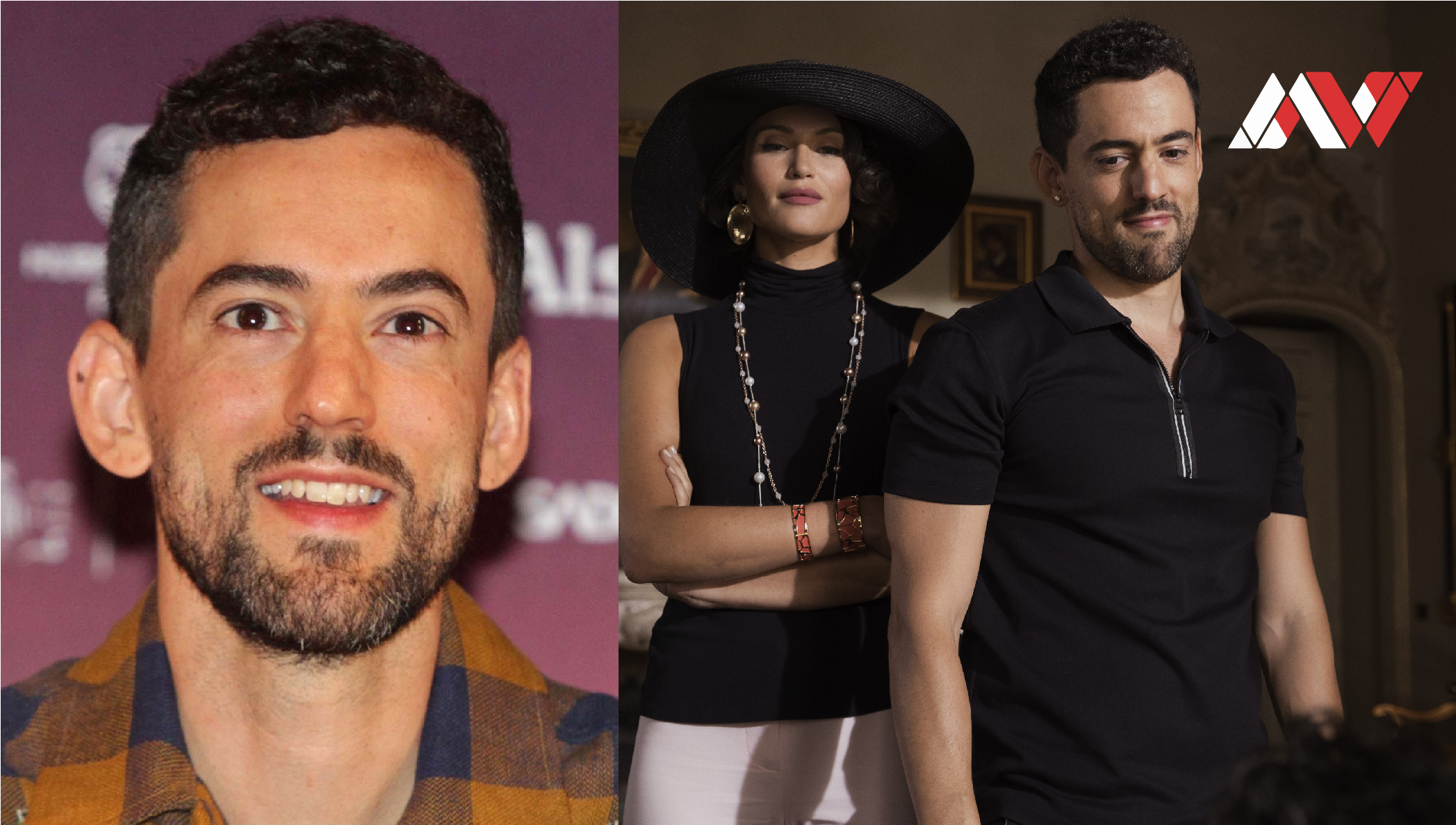Lauren Boebert, a U.S. Congresswoman representing Colorado’s 3rd Congressional District, is a polarizing figure in American politics. Known for her strong conservative views and outspoken nature, she has become a lightning rod for controversy and debate. In addition to her political activities, Boebert’s personal image and lifestyle have often drawn public attention, including a viral moment involving her wearing a bikini.
The public discourse surrounding “Lauren Boebert bikini” goes beyond mere fashion or lifestyle; it reflects the increasingly blurred lines between politicians’ private lives and their public personas. This article delves into the context of this viral moment, the reactions it generated, and the broader implications for politics and social media.
| Category | Details |
|---|---|
| Full Name | Lauren Opal Boebert |
| Date of Birth | December 15, 1986 |
| Place of Birth | Altamonte Springs, Florida, USA |
| Profession | Politician, Businesswoman |
| Political Party | Republican |
| Office Held | U.S. Representative for Colorado’s 3rd Congressional District |
| Years Active | 2021–present |
| Education | GED (General Educational Development) Certificate |
| Spouse | Jayson Boebert |
| Children | 4 |
| Known For | Pro-Second Amendment Advocacy, Conservative Values |
| Pre-Political Career | Owner of Shooters Grill in Rifle, Colorado |
| Notable Controversies | Statements on gun rights, COVID-19 restrictions |
| Hobbies | Hunting, Outdoor Activities |
| Social Media Presence | Twitter, Instagram, Facebook |
| Net Worth | Estimated $2 million (as of 2023) |
| Religion | Christian |
| Ethnicity | Caucasian |
| Height | 5’4” (163 cm) |
Who is Lauren Boebert?
Lauren Boebert is a Republican congresswoman who first gained national attention after winning her House seat in 2020. Before entering politics, she owned and operated Shooters Grill, a restaurant in Rifle, Colorado, famous for its staff openly carrying firearms. Her political platform emphasizes gun rights, limited government, and conservative family values.
Boebert’s rise in politics has been characterized by her willingness to challenge norms and engage in combative rhetoric. As a public figure, she maintains an active presence on social media, using platforms like Twitter and Instagram to connect with supporters and share her viewpoints. This openness has also made her a frequent target of criticism and scrutiny.
The Origins of the “Lauren Boebert Bikini” Discussion
The phrase “Lauren Boebert bikini” first gained traction on social media when images purportedly featuring the congresswoman in swimwear began circulating online. These images, whether real or fabricated, sparked widespread discussion about Boebert’s appearance, lifestyle, and how personal images of politicians are perceived in the digital age.
The spread of these images illustrates how quickly social media amplifies private or candid moments, regardless of their authenticity. For Boebert, a figure already under intense public scrutiny, this incident added another layer of complexity to her public image.
Public Reactions: Supporters vs. Critics
The reactions to the viral “bikini” discussion were deeply polarized, reflecting the divisive nature of Boebert’s political career.
Supporters’ Perspective
Many of Boebert’s supporters defended her, arguing that focusing on her attire was irrelevant to her qualifications as a congresswoman. They saw the incident as another example of unfair targeting by the media and political opponents, emphasizing that her personal life should remain separate from her political responsibilities.
Critics’ Perspective
Critics, however, viewed the moment as an opportunity to question Boebert’s values and priorities. Some argued that she had cultivated a public image centered on conservative morality and that such imagery, whether intended or not, conflicted with her stated values.
The Double Standard for Women in Politics
The discussion surrounding Lauren Boebert’s bikini photos highlights a broader issue: the double standard that female politicians often face. Male politicians rarely face the same level of scrutiny regarding their appearance or personal lives. For women in politics, however, such moments can overshadow their professional accomplishments and become defining aspects of their public identity.
Boebert is not the first woman in politics to experience this. Figures like Alexandria Ocasio-Cortez, Sarah Palin, and Hillary Clinton have all faced similar intrusions into their personal lives. The fixation on appearance and lifestyle often detracts from substantive discussions about policies and governance.
Social Media’s Role in Amplifying Personal Moments
Social media has transformed how the public interacts with politicians. Platforms like Twitter, Instagram, and TikTok enable politicians to connect directly with constituents, bypassing traditional media. However, these platforms also expose them to a constant stream of scrutiny.
In Boebert’s case, the “bikini” conversation underscores how quickly personal moments can become viral sensations. Whether shared intentionally or leaked, such images often take on a life of their own, becoming fodder for memes, debates, and even political attacks.
Political Implications of the Incident
While the discussion about Lauren Boebert’s bikini photos may seem trivial, it carries political implications. Public perception plays a crucial role in shaping a politician’s career, and moments like these can influence how constituents and colleagues view them.
For Boebert, the incident may reinforce her image as a polarizing figure who thrives on controversy. It could energize her base, who view such moments as evidence of her authenticity and relatability. Conversely, it may alienate moderate voters or critics who question her judgment.
Balancing Personal and Public Life in Politics
The “Lauren Boebert bikini” incident raises questions about how politicians balance their personal lives with their public roles. In the digital age, maintaining privacy is increasingly difficult, and every public figure faces the risk of having personal moments scrutinized.
For politicians like Boebert, who actively engage with their audience on social media, the line between personal and professional becomes even blurrier. Navigating this balance requires careful consideration, as every post, photo, or comment can have lasting repercussions.
The Broader Cultural Conversation
Beyond Boebert herself, this incident reflects broader cultural conversations about women, politics, and the role of social media. It challenges society to consider how personal imagery should be treated in the context of professional life and whether such moments should influence public opinion.
As political discourse becomes increasingly intertwined with personal narratives, incidents like this will likely become more common. They serve as a reminder of the need for thoughtful engagement and respect for individuals’ private lives, regardless of political affiliation.
Conclusion: A Moment of Reflection
The viral discussion surrounding “Lauren Boebert bikini” serves as a microcosm of the challenges facing modern politicians. It underscores the power of social media to shape public perception and the unique pressures faced by women in politics. While such incidents may capture public attention momentarily, they also offer an opportunity to reflect on the broader dynamics at play.
Read more: Dua Lipa’s Iconic Bikini Style: A Dive into Her Fashion Choices and Summer Aesthetic




